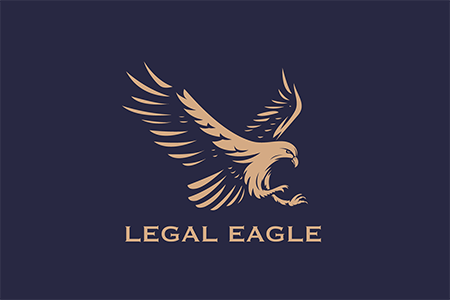The real cost of making the festive season fun
By the employment team at Rowberry Morris Solicitors
This may be the season of goodwill but, for employers, misplaced generosity could well come back to haunt you like the ghost of Christmas past. When gifting and offering/accepting invitations to Christmas festivities, you need to be mindful of both the possible tax implications and their potential liability under the Bribery Act 2010.
Under the Bribery Act 2010, it is an offence to bribe another person or be bribed. Bribery can be defined as dishonestly persuading someone to act in your favour by inducement, typically by offering money or some other gift of value. Specific offences were introduced concerning bribing a foreign public official and for commercial organisations failing to prevent bribery. All bribery offences can be committed in the UK or overseas and are effectively strict liability offences.
Commercial organisations can rely on the defence that they have the ‘adequate procedures’ in place to prevent instances of bribery and corruption. The Ministry of Justice published guidance about the policies and procedures that commercial organisations should all have and has also set out six key principles to underpin any policy. These principles include the fact that all organisations, irrespective of their size, should deliver training in line with their policies to all employees so that they are better informed as to what is and isn’t acceptable behaviour. An anti-corruption code of conduct should also be made available on the organisation’s website. All policies of this nature should be reviewed regularly to ensure they are fit for purpose.
Liability arises from both offering and receiving bribes. However, whilst the Bribery Act 2010 takes a tough stance on corruption it is in no way intended to prevent all forms of hospitality or gifting. The key is to remain reasonable and proportionate with gifts, especially around Christmas time. It is quite different if a supplier wants to wine and dine a customers’ procurement manager at an exclusive resort in the sun in order to secure their business - this is quite obviously illegal bribery.
Gifting cash should be avoided as such gifts would still be taxable as earnings in the normal way (subject to tax and national insurance). Similarly, gift vouchers that are exchangeable for goods and services only are also taxable and as such must be reported on an employee’s P11D form.
Physical gifts such as consumables or products are usually preferable, and as long as less than £50 per person is spent, will not usually be taxable.
Employees can also be given gifts by third parties, resulting from the relationships they have built during their employment, and so long as the gift doesn’t exceed £250 in cost, it should not be taxable for the employee.
However, to minimise the risk of any physical Christmas gifts being misconstrued companies may want to stick to offering useful branded stationery items rather than giving anything more elaborate.


